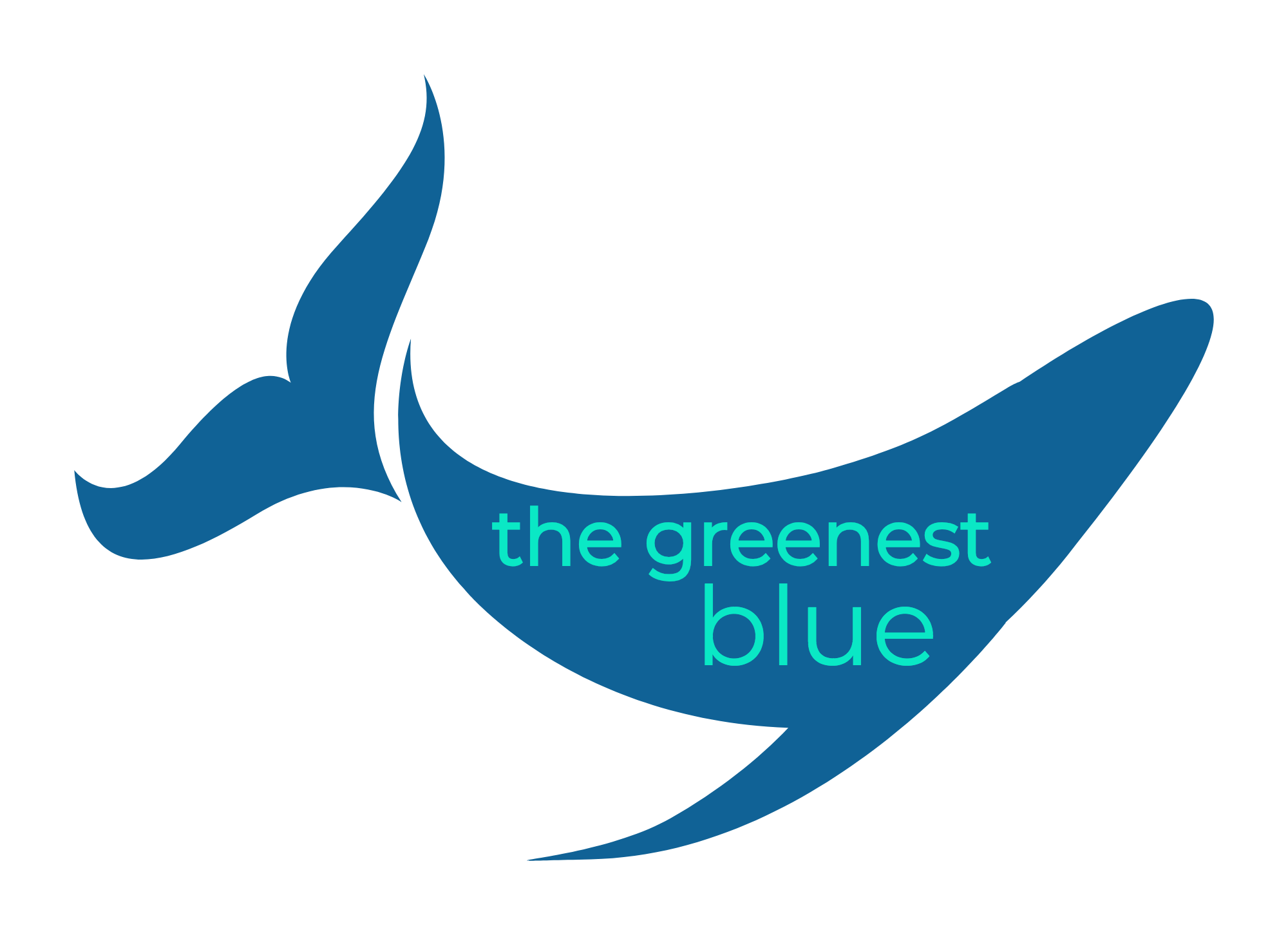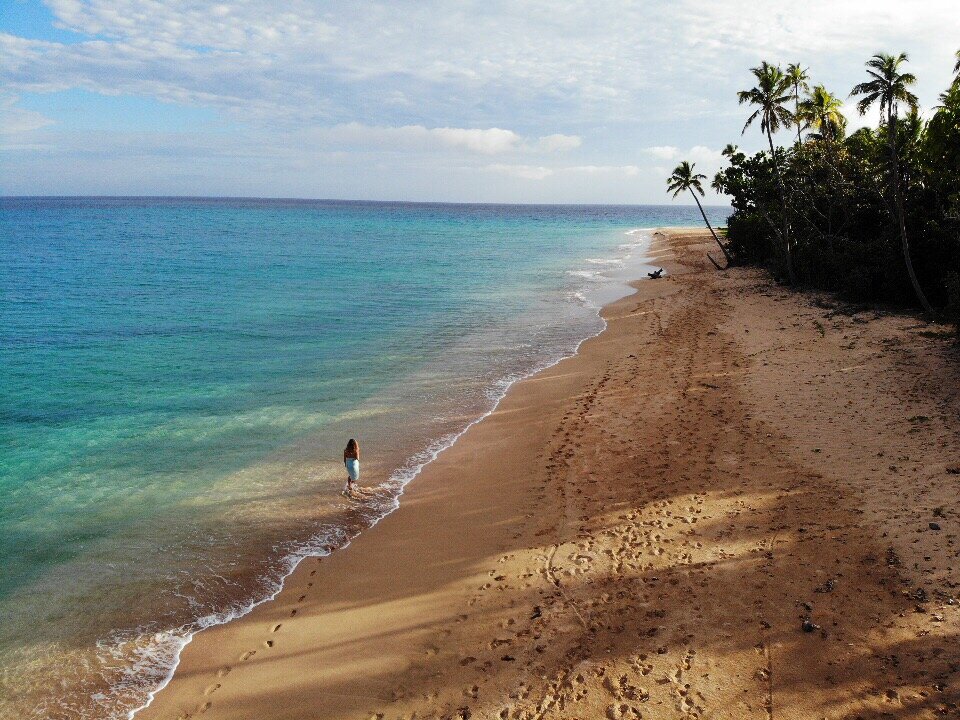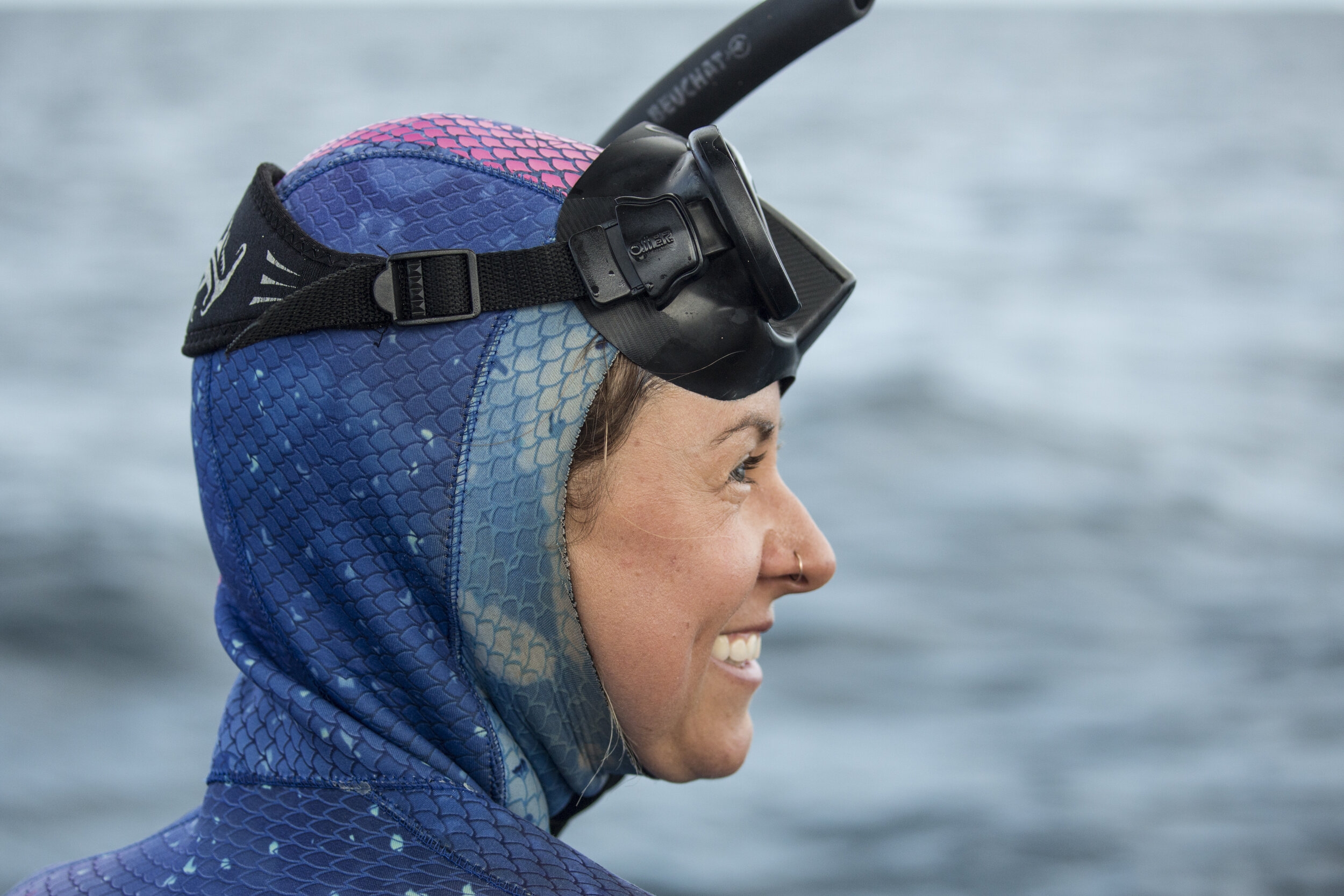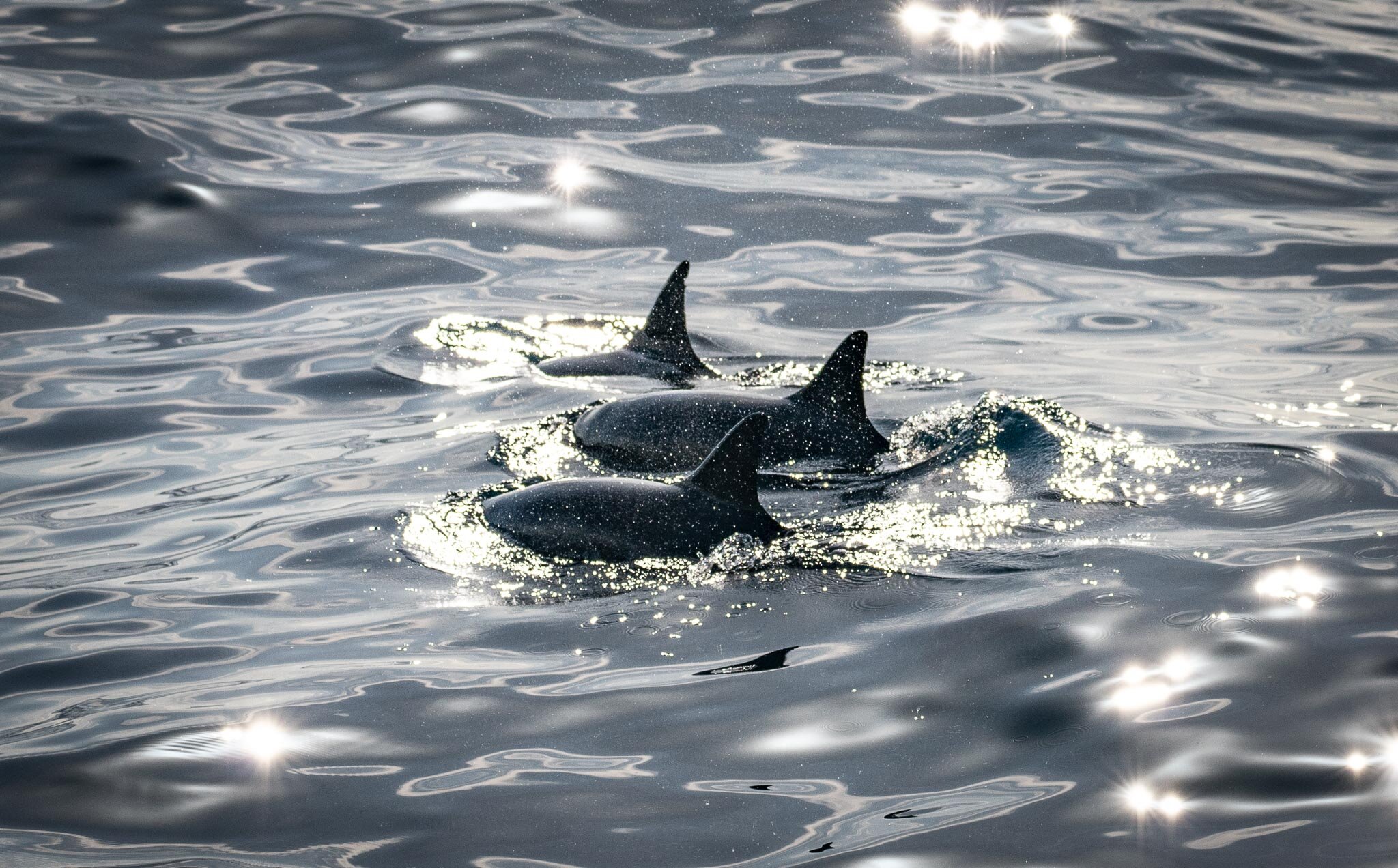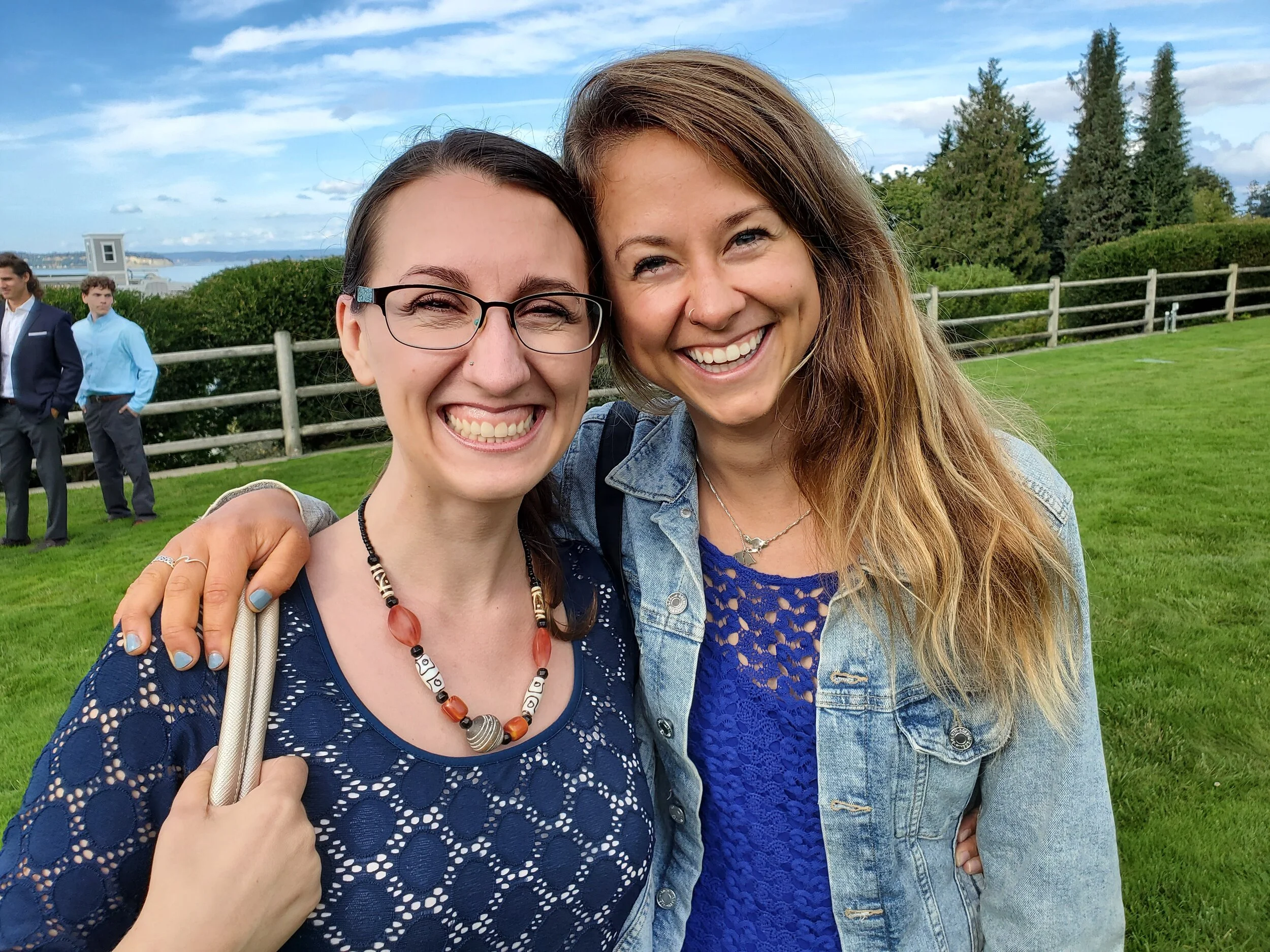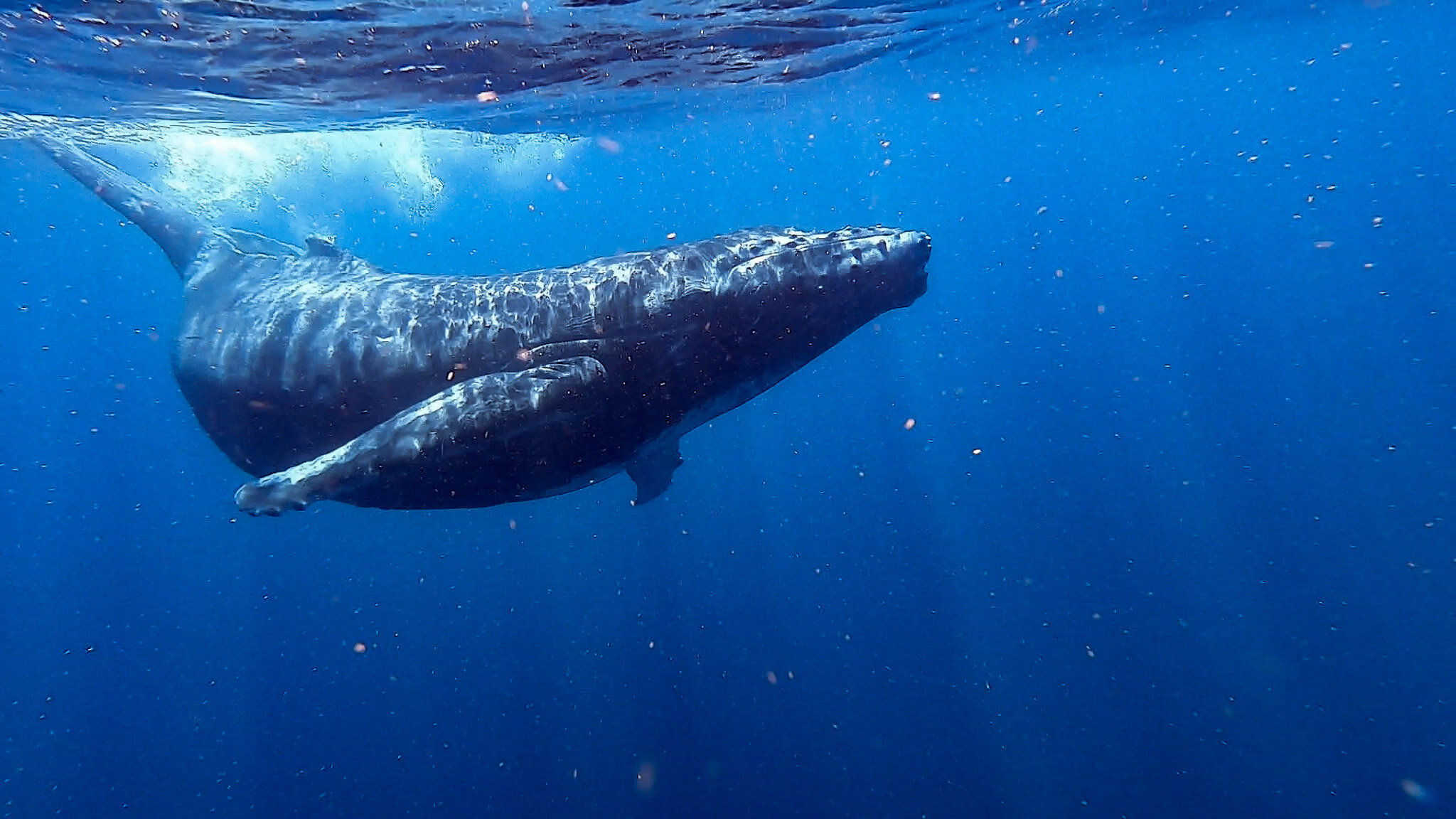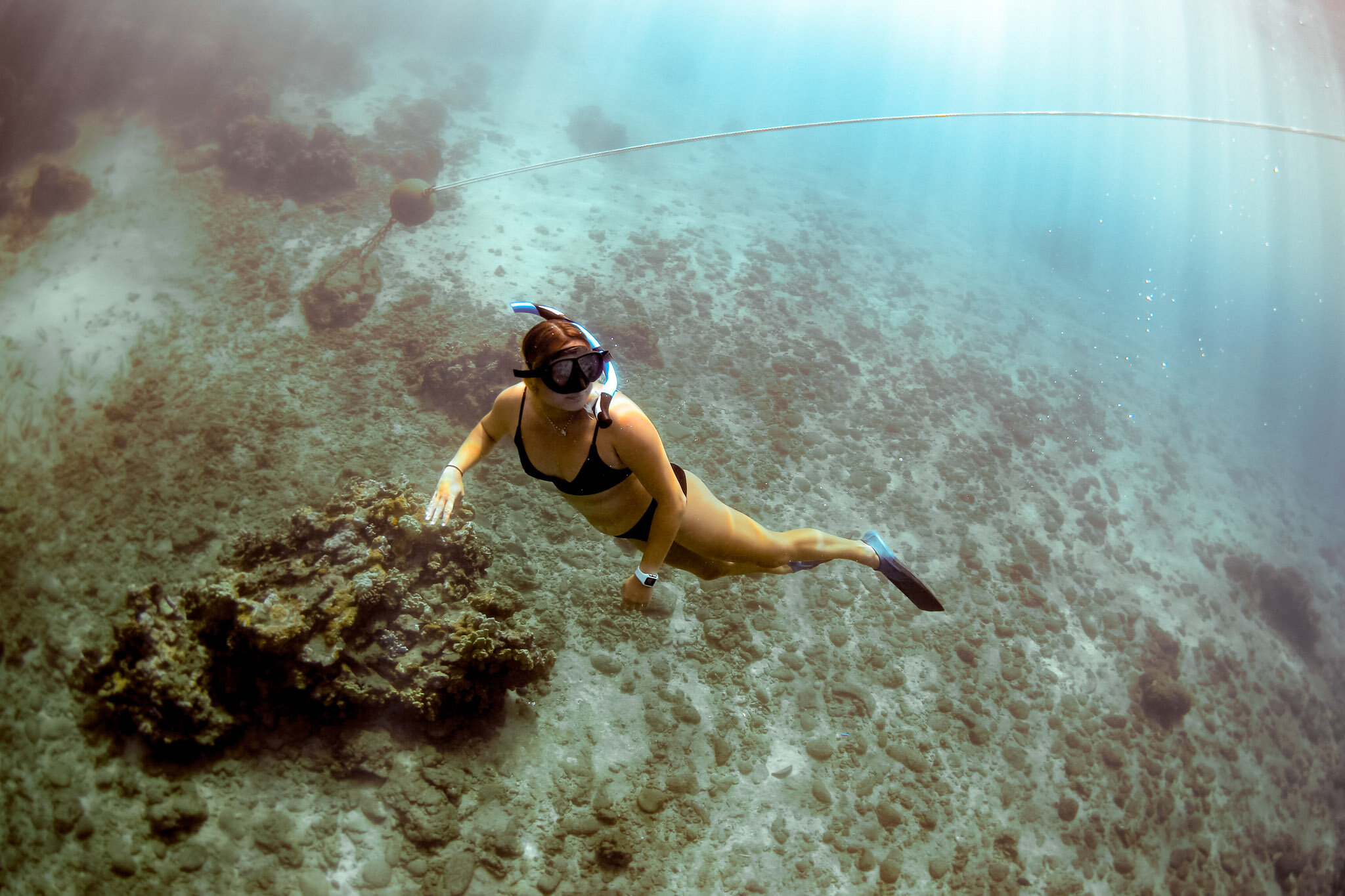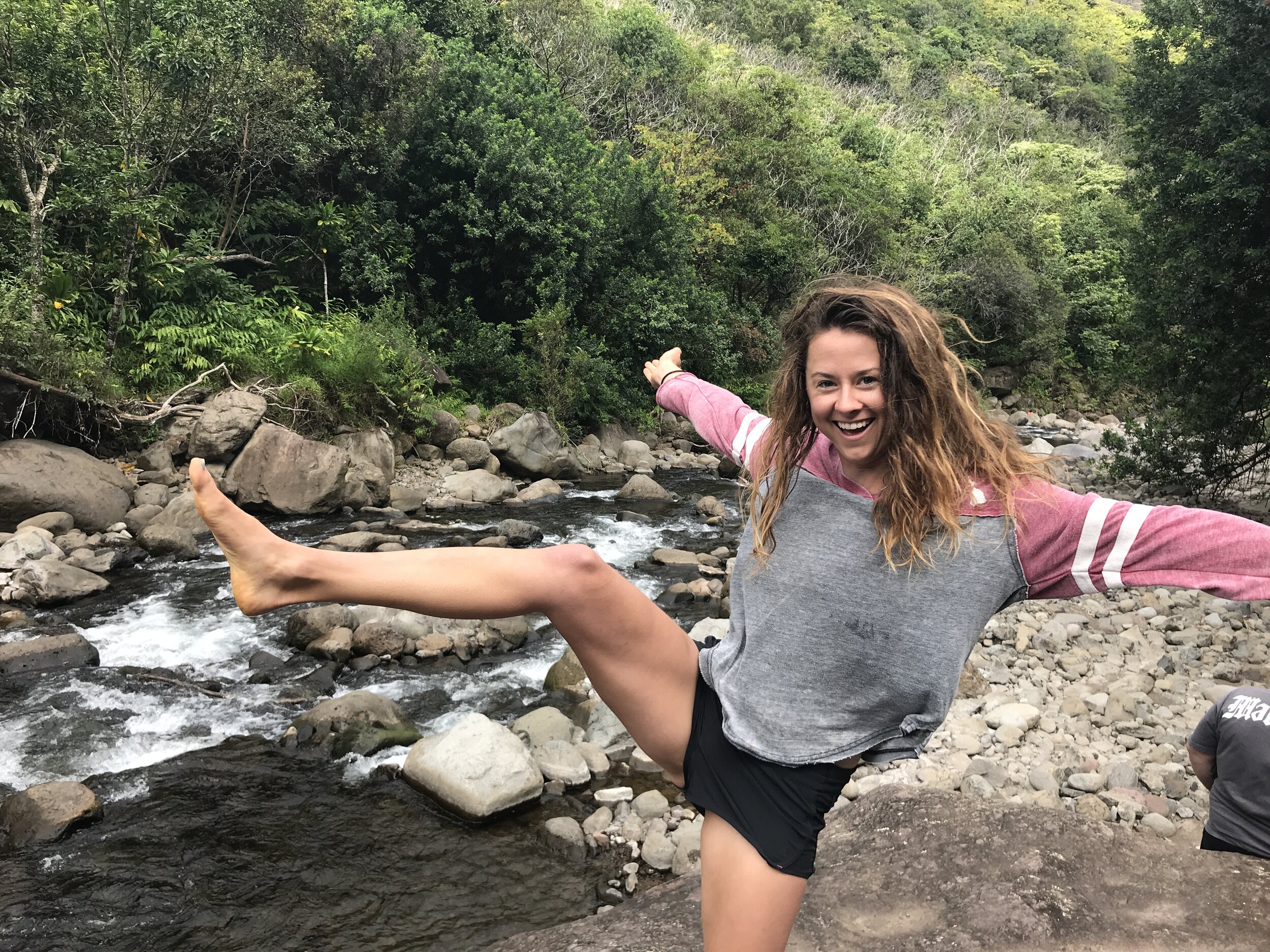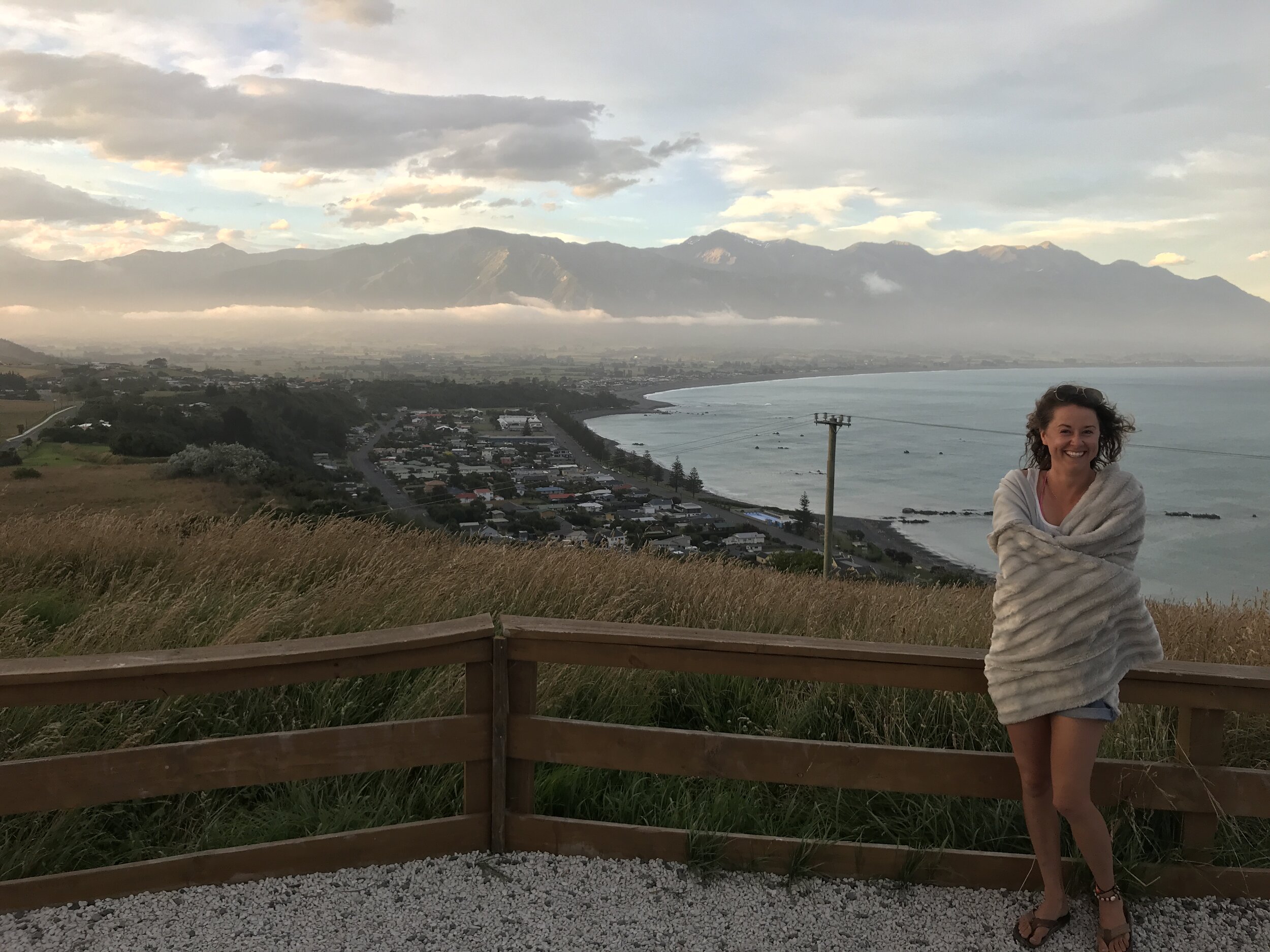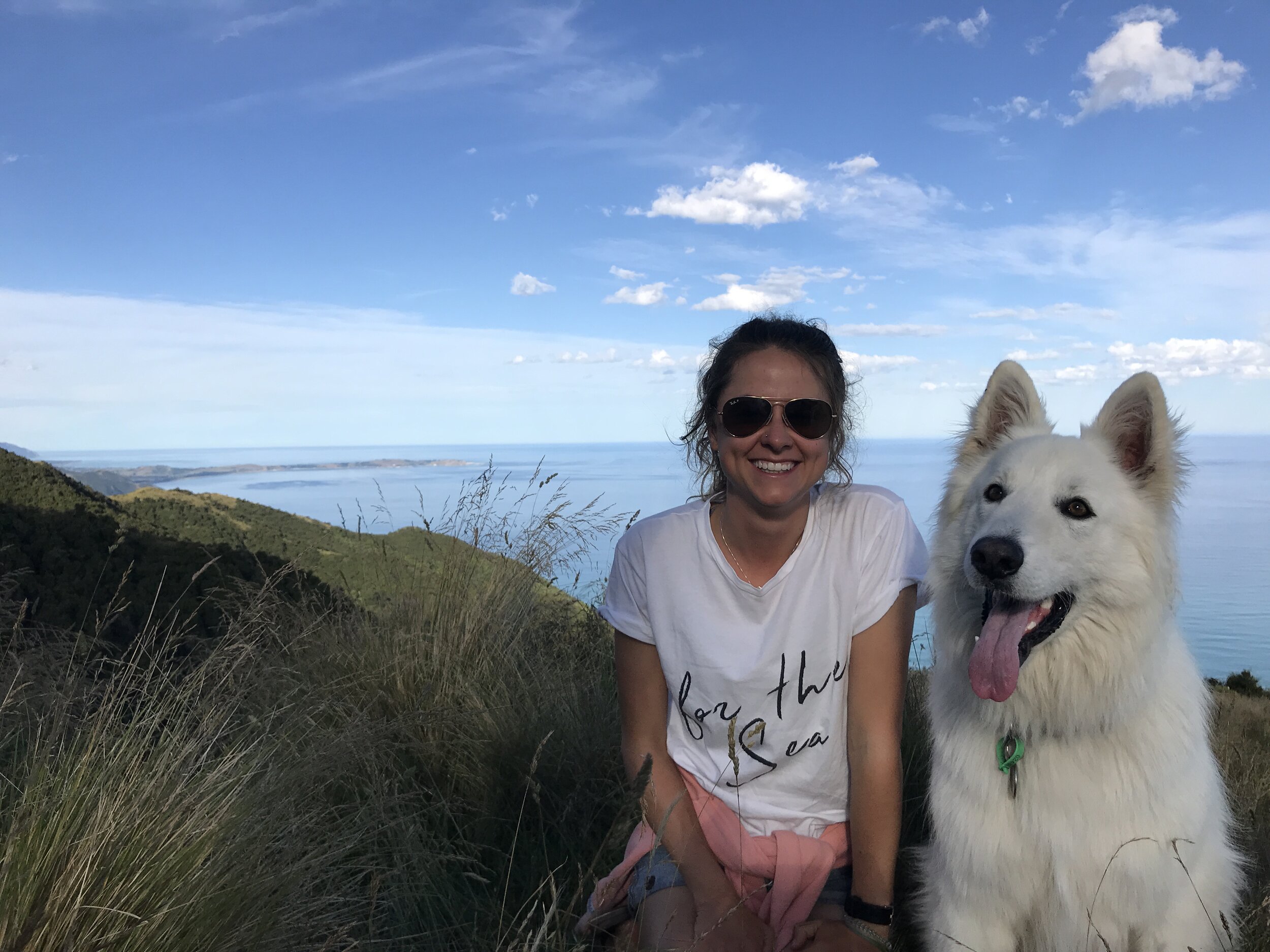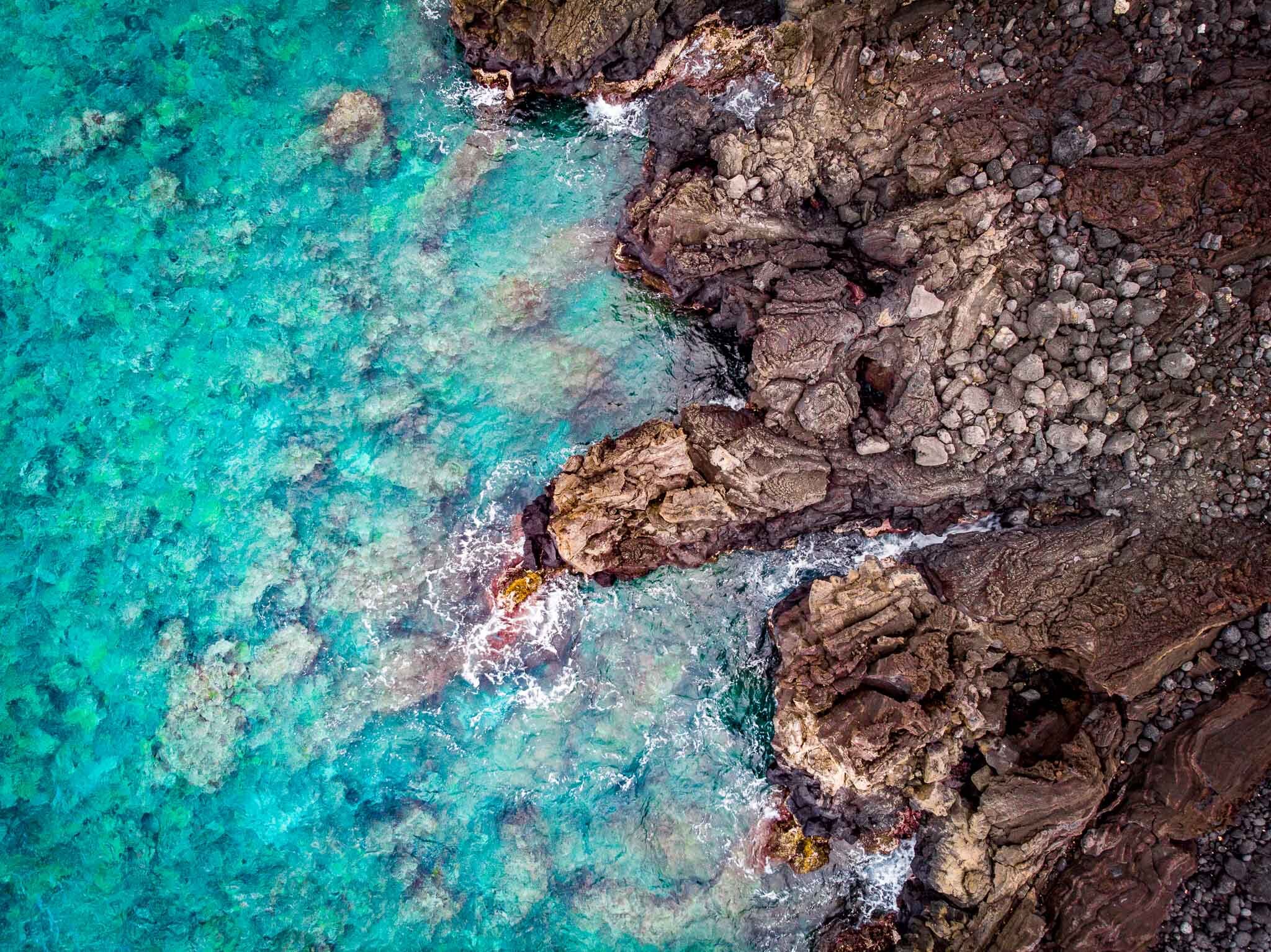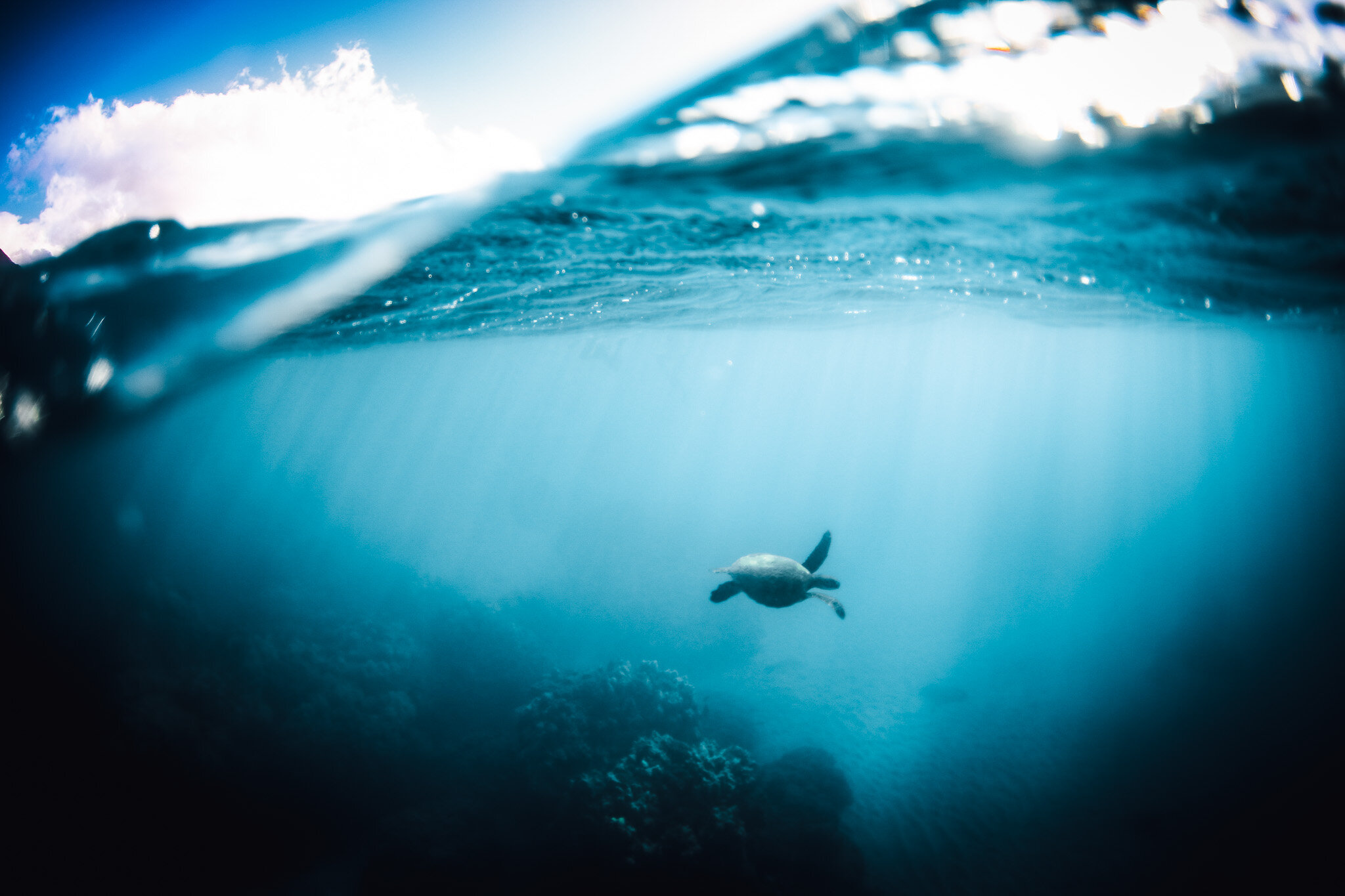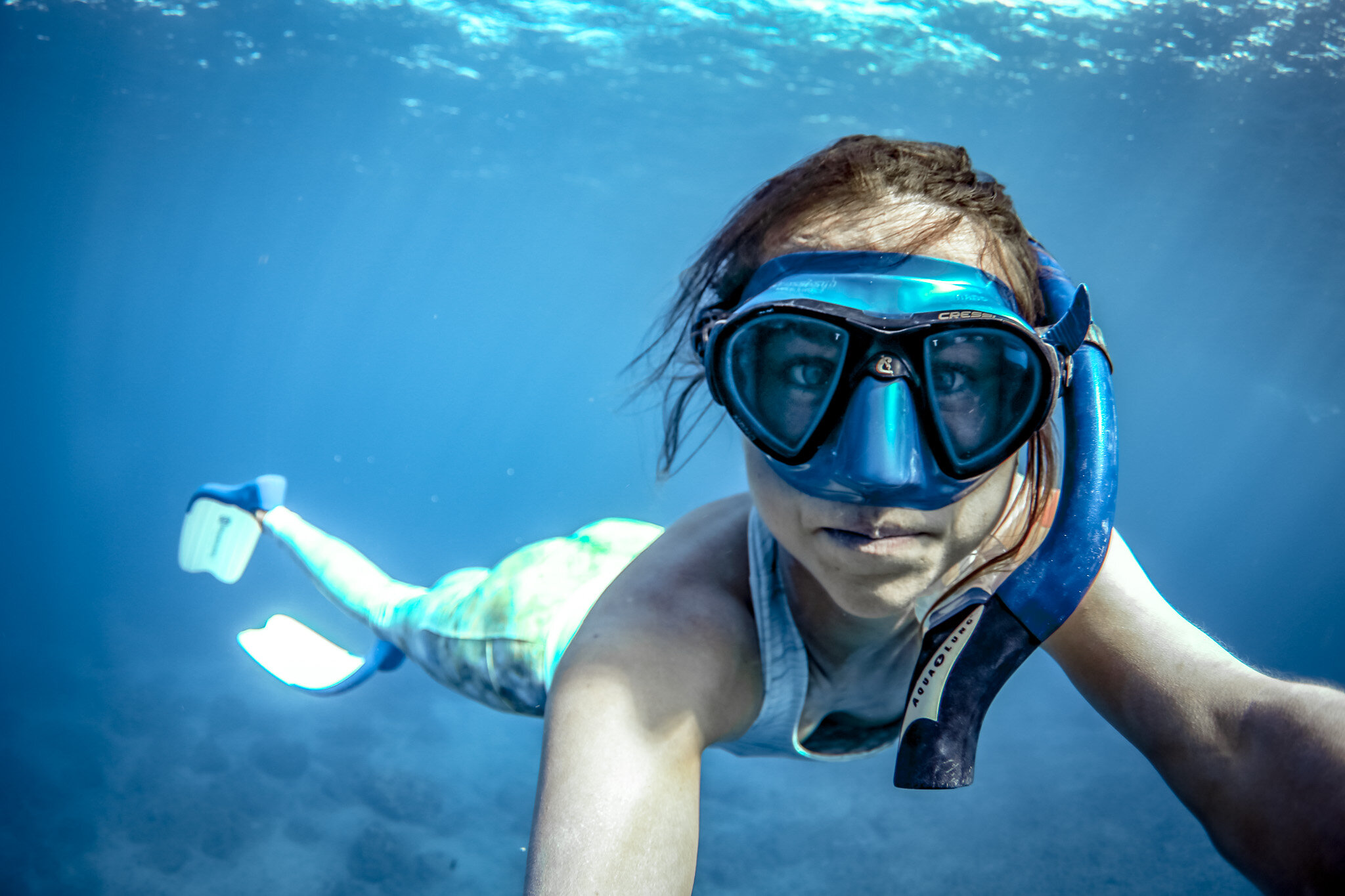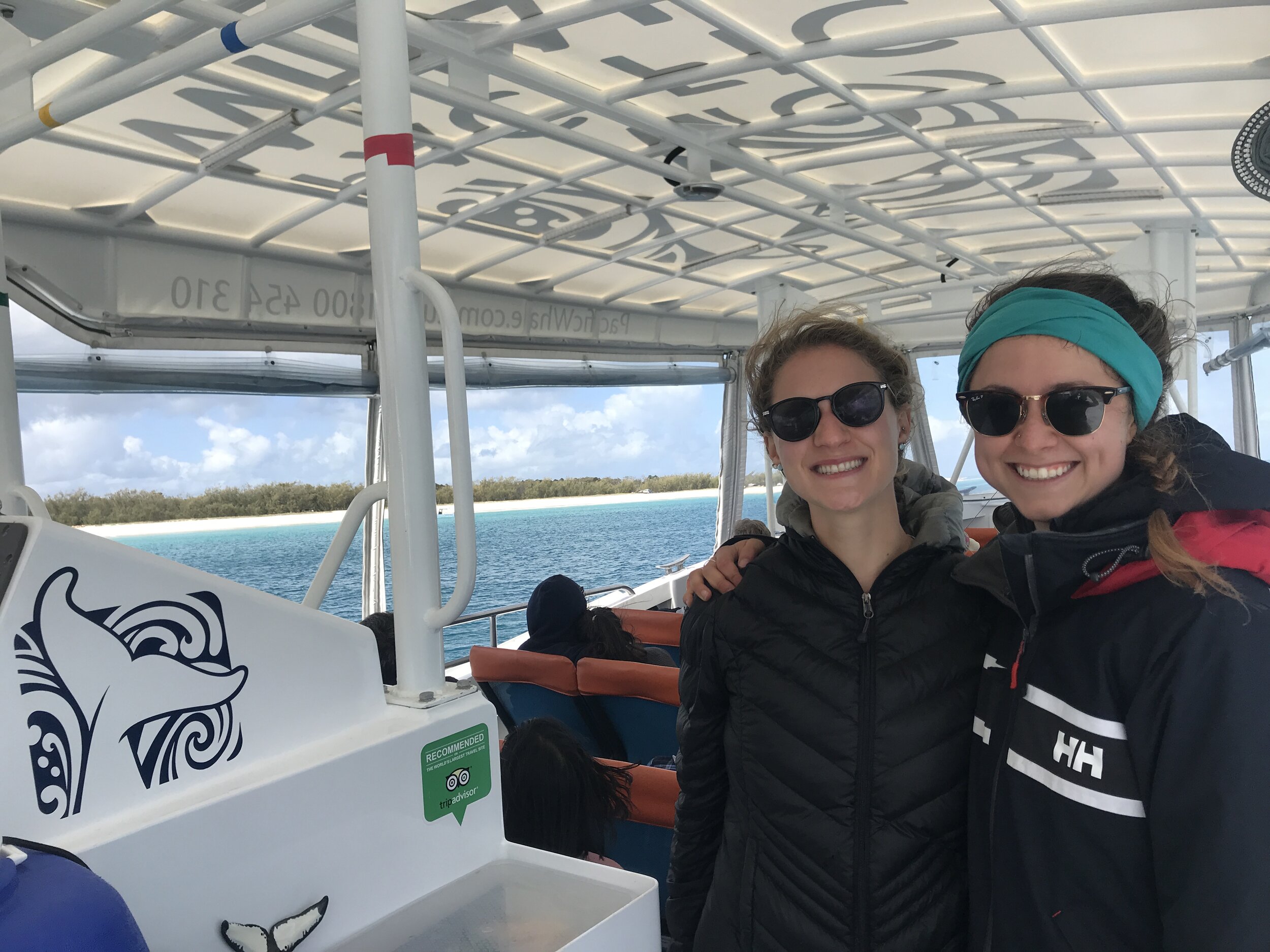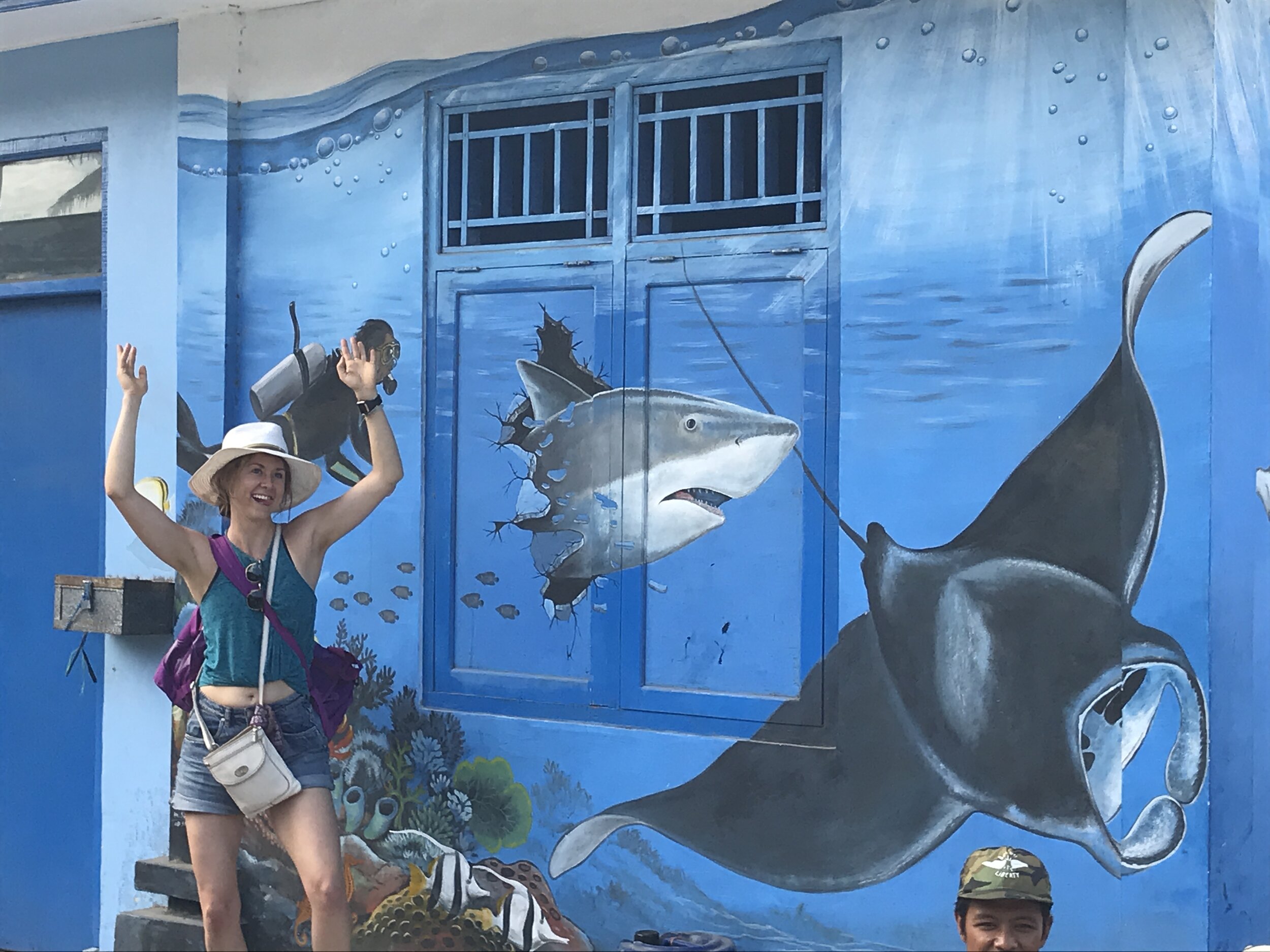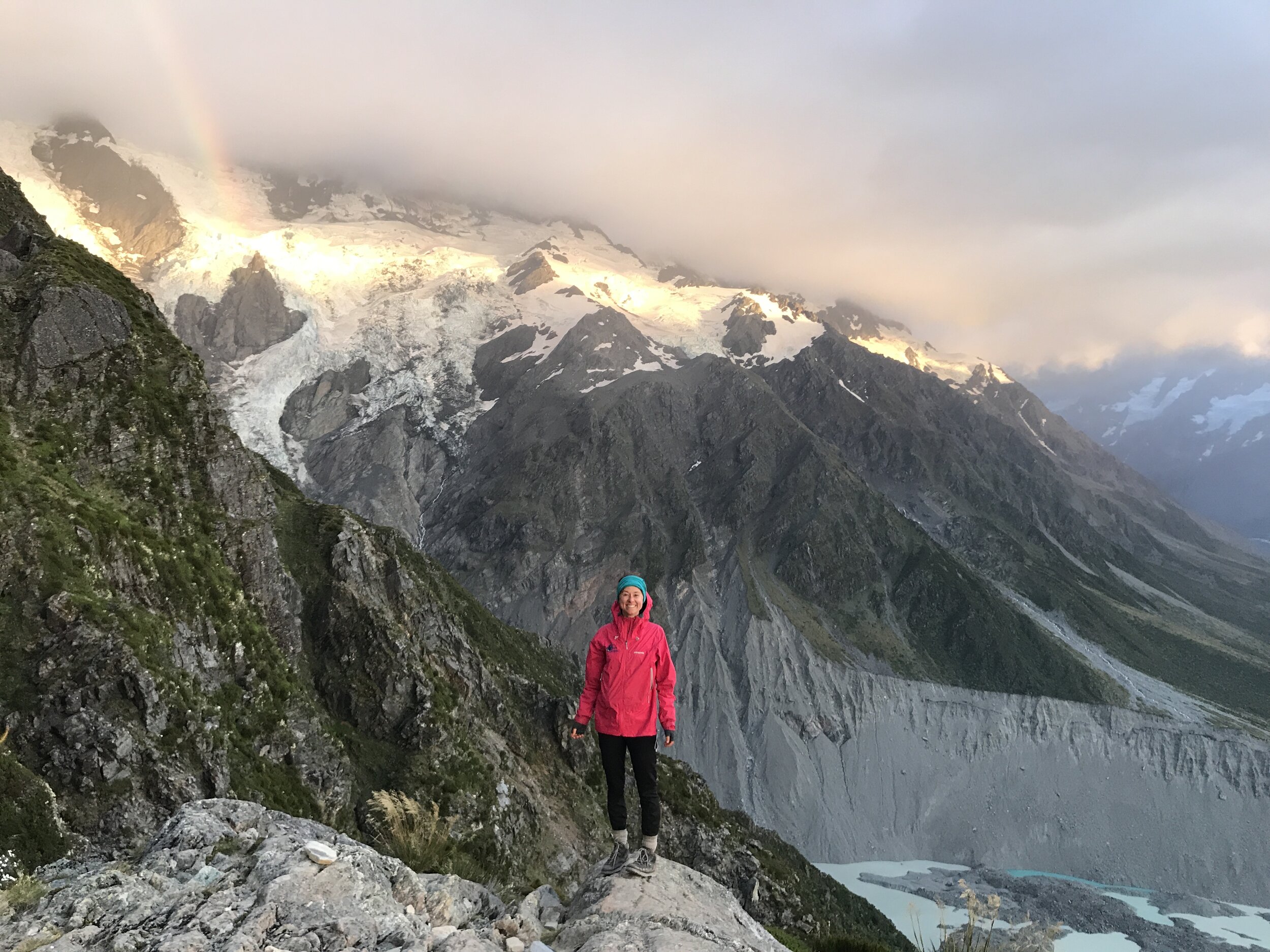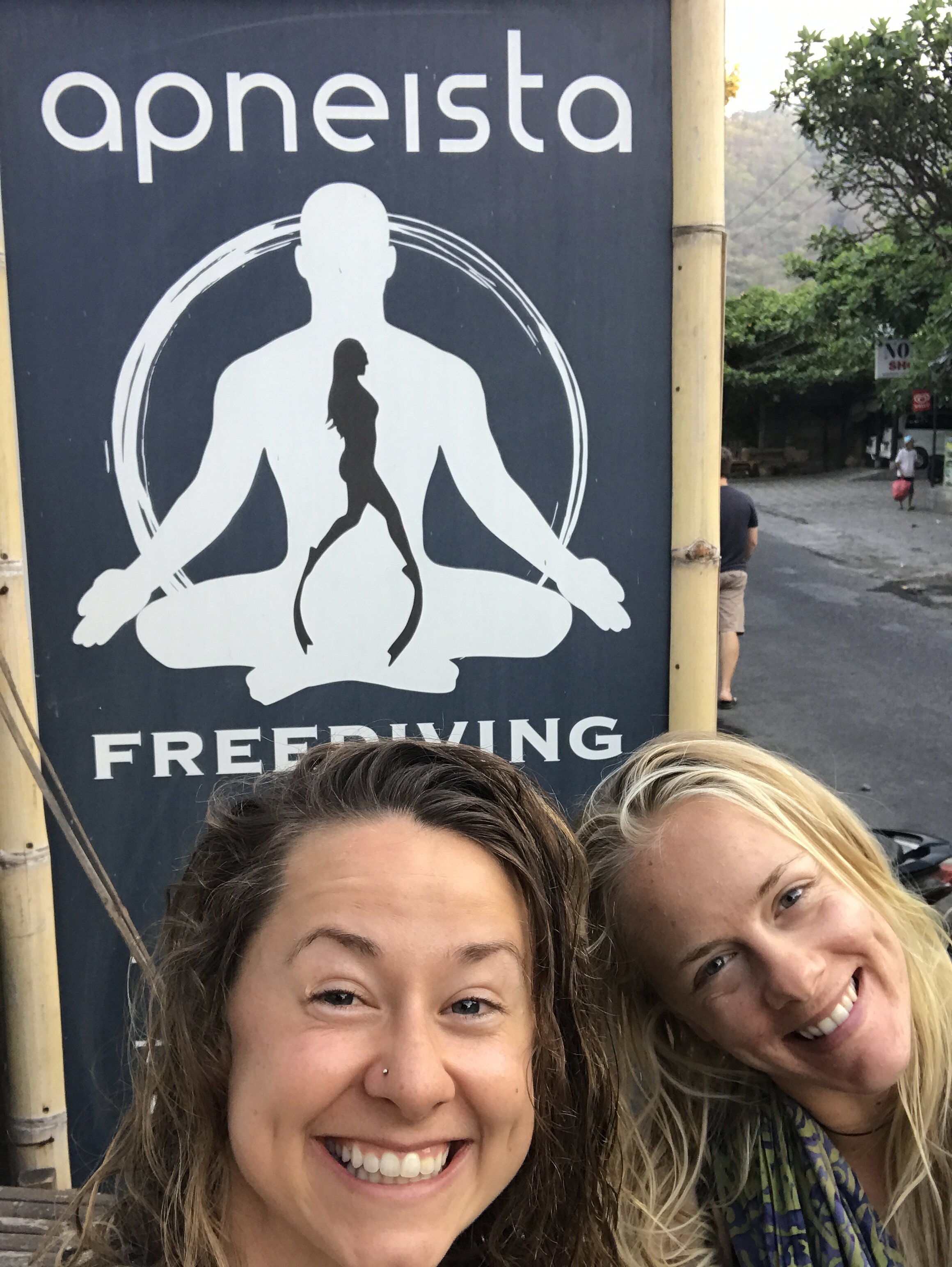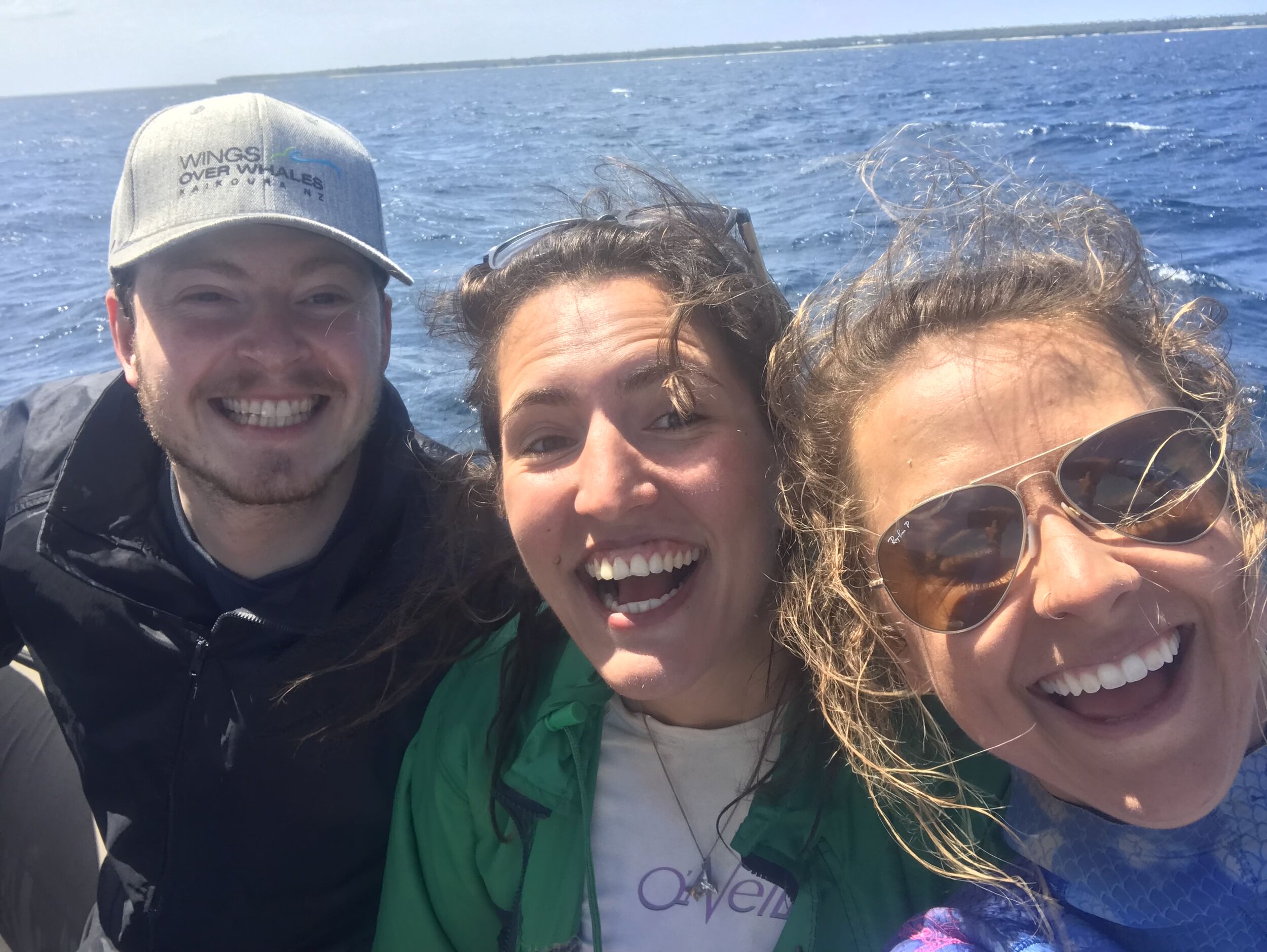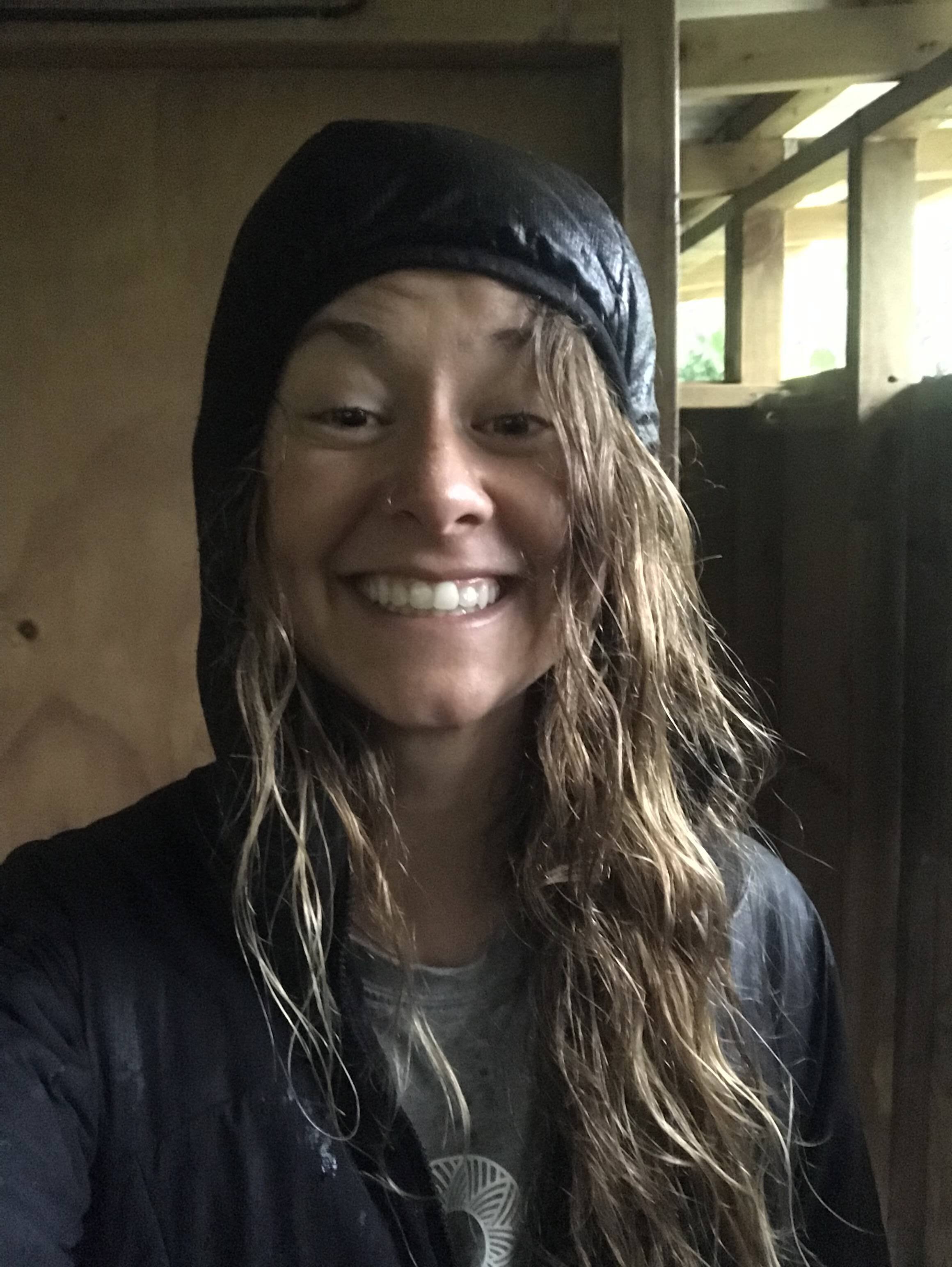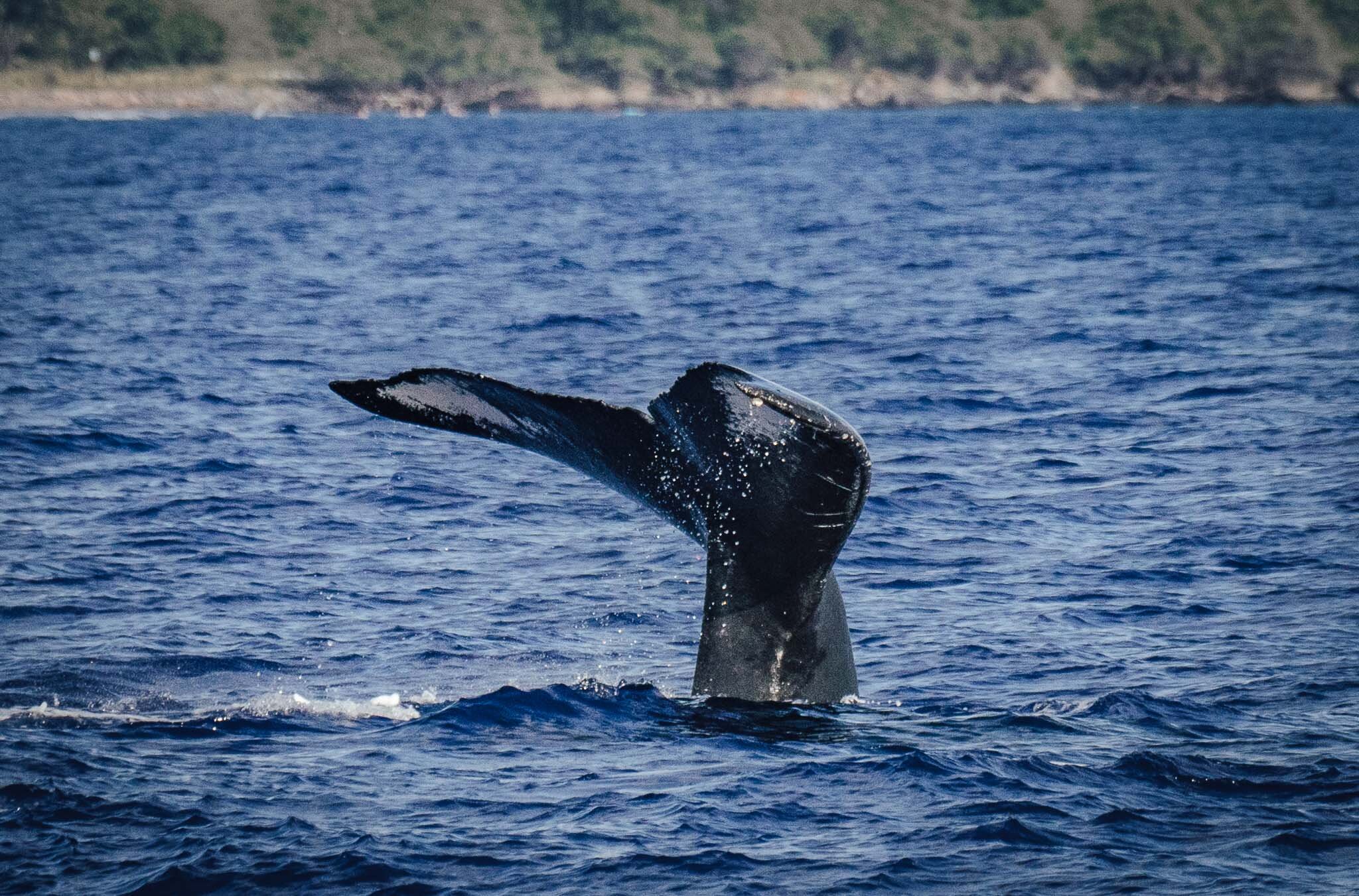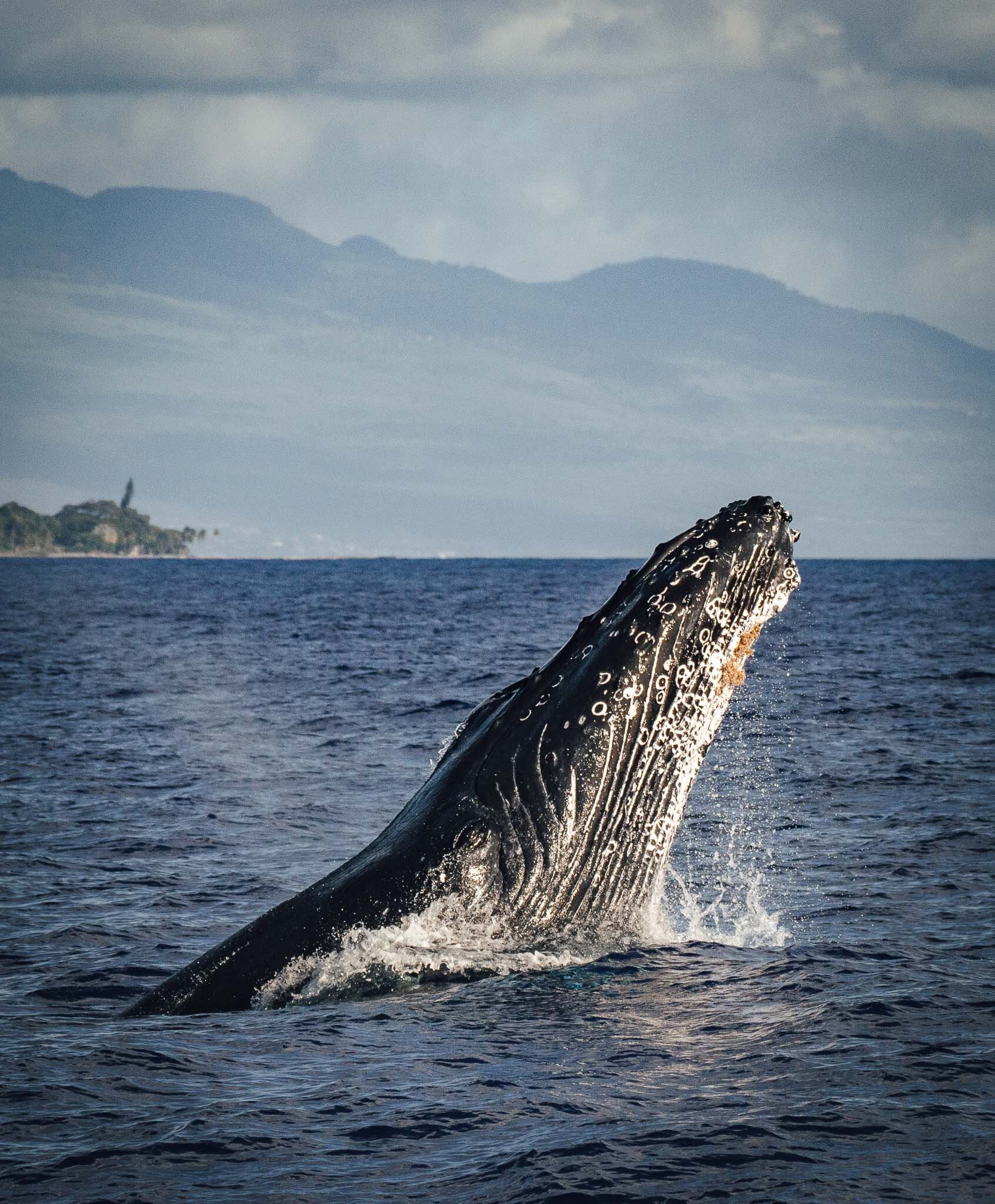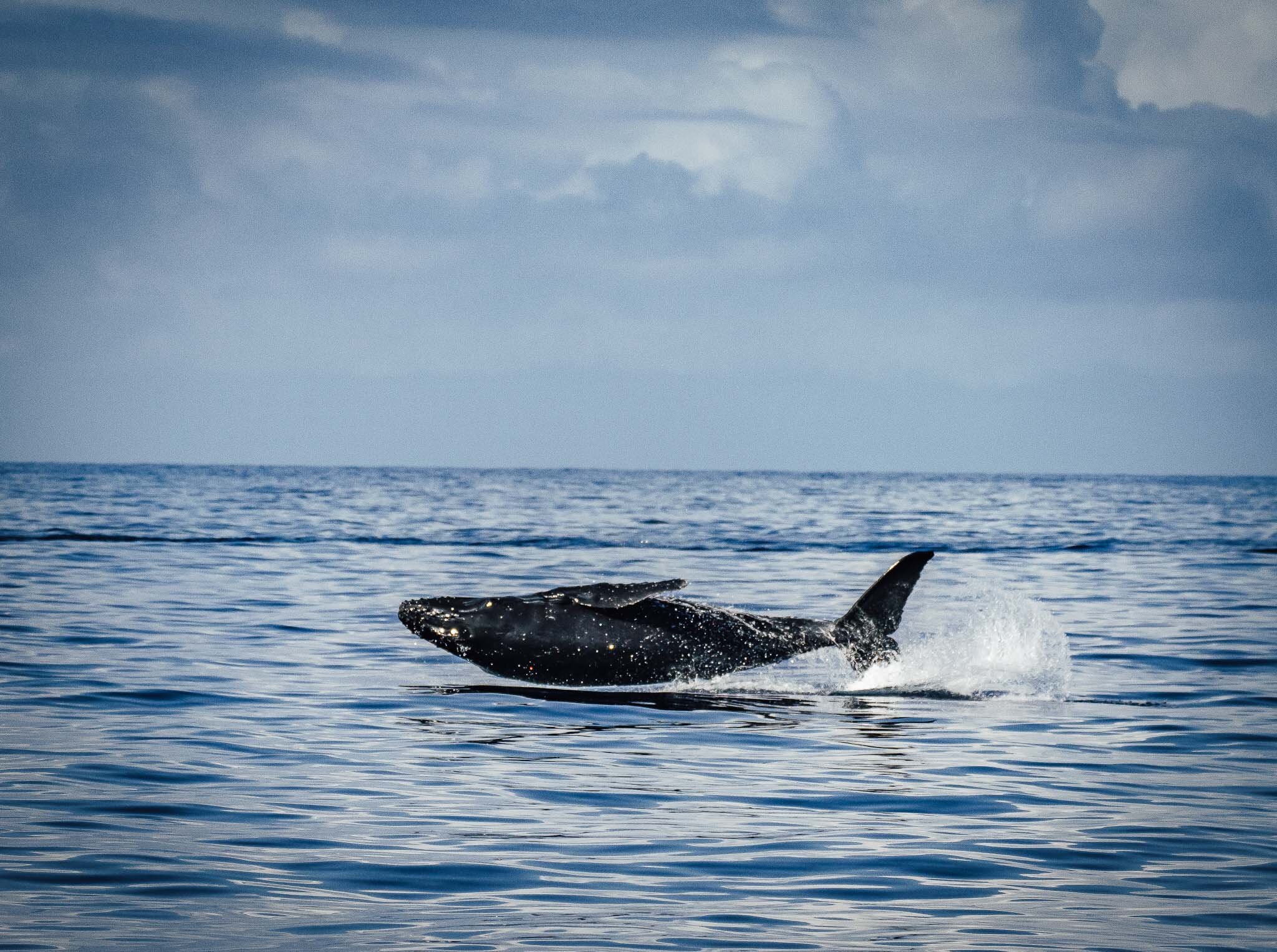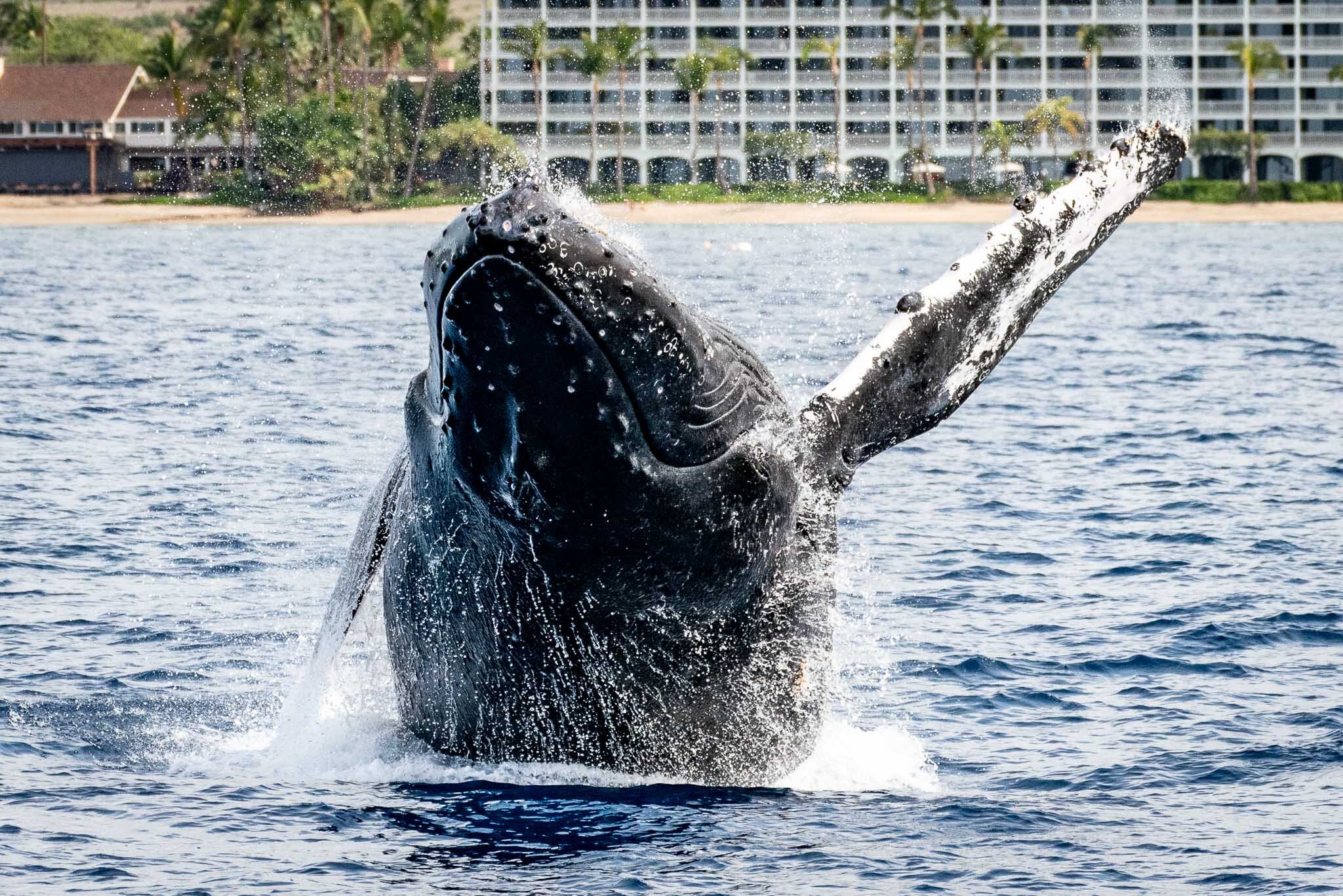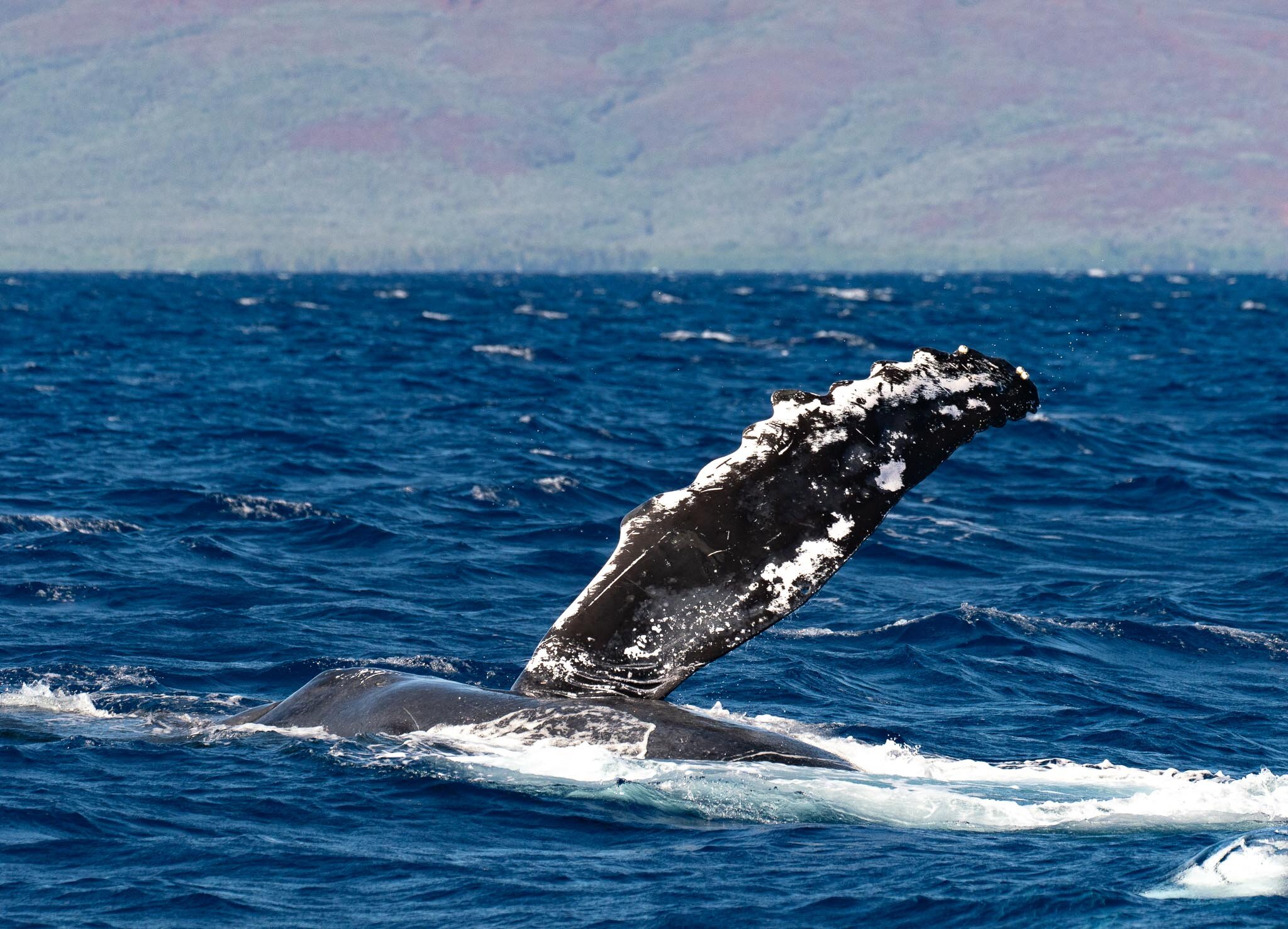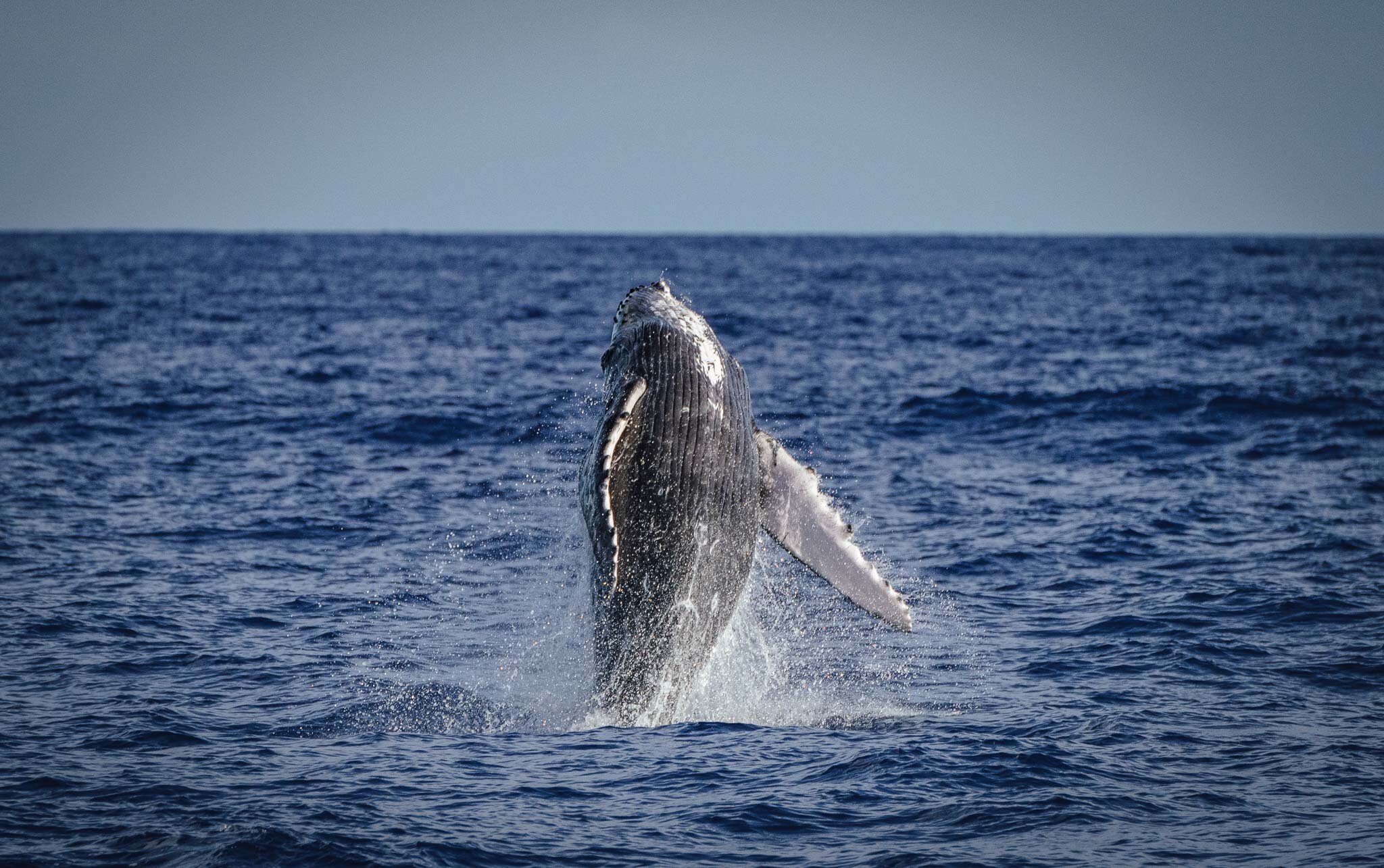A Lesson in Timing, Trust, & Intuition - Back to School After 7 Years of Marine Tourism Work
This post contains affiliate links, which earn me a small commission on products I’m already in love with. This is at no extra cost to you! Thank you for supporting The Greenest Blue.
Plot Twists
There have been some big life changes in the past month, and I am both thrilled and terrified about them. I’m even a little bit nervous to talk about them on a blog because there’s a part of me that still doesn’t believe it’s real, or that I can succeed (scarcity mindset, GOODBYE). There’s even a bit of imposter syndrome sneaking in, which I HATE. But I’ll address that in another blog post - this one is dedicated to sharing some news and the process of how I got here.
Here’s what’s happening: I’m going to be attending graduate school in the fall at UC Santa Cruz in the department of Ocean Sciences, studying humpback whale stress physiology. I was fortunate enough to receive an NSF Graduate Research Fellowship (I found out in mid-March) which will make this whole adventure a lot more financially feasible. As I learn more about what being an NSF fellow entails, I will certainly share that on TGB. This is a big curve in my journey, and I wanted to share this process with you!
So how and why did grad school pop up?
I’ve been contemplating graduate school for a while. It always sounded appealing, especially for me, a perma-curious student who didn’t really get a chance to study anything marine-related in my undergrad (I had no idea I was interested in it at the time). But I am also very stubborn and didn’t want to go through the process of applying to grad school just because it felt like the “right next thing to do.” I’m very wary of going into debt and have enjoyed the freedom (with gratitude) that being debt-free in my 20’s has granted me. I’ve been having fun, moving around, adventuring, working, watching whales. Taking photos. Meeting amazing people from around the world. It’s been a relatively simple life, albeit with its own set of challenges. The desire to live this unattached and unencumbered lifestyle has been bubbling within me since my college days, particularly since my study and internship abroad experiences in Perth, Australia and Gansbaai, South Africa. Back then, I wouldn’t have even dreamed that this yearning to explore, experience, and learn would manifest in international marine tourism work. But I am forever in awe of the life trajectories that presented themselves to me when I remained open to trying new things and was willing to break up with consistency and routine. That doesn’t work for everyone, but it is what I’ve needed to gain the resilience and adaptability I have today.
I’m bringing all of this up because I want to acknowledge that my more carefree 20’s were critical to my development and my eventual decision to do what I’m doing. My brain is on fire in the best way possible, ignited in a way that just wasn’t there right after I finished undergrad. I am more excited about things. I appreciate experiences and people so much more. I am more inquisitive and more aware of the challenges I want to face. I am also more determined and optimistic about doing something to help, whatever tiny little niche that might involve me filling.
In terms of what my 20’s gave me, I’ve had many “ah-ha” moments while out hiking or sailing or the like, sometimes solo and sometimes with friends. These were moments when I would say to myself “this is the whole point.” This is it. This is what it’s about. My soul found its food.
But I am a human, and a fiery Aries one at that. I am evolving every single day, as are my goals and life intentions. There was a part of this adventurous me that started to crave the ability to make an impact in a new way. Experiencing was one thing. But I was starting to feel like a passive observer of the world. As I experienced and absorbed, I also developed opinions and started to better conceptualize the problems facing our planet. I fell in love with the ocean. I truly enjoyed being outside, and I appreciated that my office WAS the outdoors. But I missed using my brain to problem-solve and analyze and make connections. And I started to want my work to involve protecting the outdoors, not just utilizing it. As much as I loved living simply, traveling, moving around, working in tourism, living abroad, there were more gifts I knew I was meant to uncover and more I wanted to give to the world.
Writing helped with that for a while. My blog, which I officially started in 2018, has given me a wonderful creative outlet. I still feel that media, photography, and videography are going to be a big part of my career. But there was a dusty part of me from high school and college that missed the world of science and what it can accomplish. I also felt a desire to network and be around influential groups of people out there making waves in the world of conservation. I started to think that perhaps going back to school would help me accomplish these goals. I had waited long enough since my undergrad to realize that this decision hadn’t come about just because it felt like the right thing to do, but because it felt like the right place to be in order to become the person I want to be.
So what the heck did I do next?
But there was a big yikes when I actually stopped and contemplated how to take those next steps. And it was not at all smooth once I started moving my feet. This whole process was the product of several years of brainstorming, confusion, helplessness, rejected applications, and plenty of tears.
I’ve put most of my energy and attention into my Fulbright applications over the years. To me, participating in a Fulbright exchange felt like the perfect way to straddle both worlds – academia and adventure. I would be able to go to school while living abroad. I applied four times to the Fulbright, and it is one of the more time-intensive application processes I’ve plowed through. My first Fulbright application was to teach English in South Africa. Nope. My second was to study gastronomy in Italy (I was at a time in my life when I was falling in love with food, cooking, farming, being close to the earth, eating locally, and I thought maybe that could be my path). My third application was to study marine biology at Bangor University in Wales, after about three years of work in marine mammal tourism. This was the one and only application where I made it to the “semi-finalist” round and had an interview, and I did become an alternate. But it was another NOPE. And then my fourth? This was the application that I felt most aligned with; I was so sure that something would work out. It felt so intuitive. I applied to study marine biology at the University of Otago in New Zealand. Everything felt in flow when I came up with that idea. I was absolutely sick of the application process, but the idea of not trying again was less tolerable than the idea of putting in the work once more. I knew this could be a real, and actually attainable, opportunity for me. I felt comfortable in New Zealand. I had more life experience under my belt. I was a little more certain of my interests and more confident in my own skin. And I was ready.
I would spend a few months fine-tuning essays over summer 2020, contacting and communicating with my recommenders, trying to build connections with the universities I was applying to. I daydreamed what life would be like abroad with a visa that would let me live, study, and work freely. It felt good.
Compared to the first few Fulbright applications, this last application to New Zealand felt different. At this point in my life, I knew it was go time. I was familiar with the very real feeling of distress over being denied something you’ve worked so hard on, and I started to consider other options. I didn’t want to put my eggs into one New Zealand-Fulbright basket and then be absolutely gutted again if it didn’t work out. I truly wanted grad school to work out this time. And something in my gut was telling me I needed more backups. Here came the miserable part – but also the part that shifted everything. I began sifting through the zillions of marine biology and conservation programs available in graduate schools around the US and the world. That was one challenge. But even more challenging was the process of sifting through the less-than-plentiful grants and fellowships available to fund these programs. That’s always the hard part...the funding. Every grad student will tell you that. Paying out of pocket for a graduate program in the US is insane (for most people). And unfortunately in the marine biology world, there are a lot of hopeful students and not a lot of funding flowing through these departments. Cue a certain sense of desperation.
With a head full of confusion, I jumped in. I sent out emails to professors I thought I might be interested in working with that might reciprocate that same interest. I networked. And I’m going to give my good friend Oli a shoutout because that legend is absolutely one of the reasons I’m sitting where I am today. I met Oli in 2013 when I was working as a summer intern at a great white shark cage-diving and research organization down in Gansbaai, South Africa. He was working on his master’s and I worked with him out on the boat frequently, and we’ve stayed in touch ever since. He loves to send me ads for funded Ph.D. programs, but I always thought he was crazy. I had never gone to school for marine anything. Who was I to think I could do a Ph.D.? But I didn’t even realize that with all these little emails and nudges, he was planting seeds over the years.
It took a few, but I finally realized last year that the mental blocks were all mine. My disbelief that I could accomplish this particular goal was fully internal. There was NO outside source telling me that I wouldn’t be able to go to grad school or get a Ph.D. Just my personal doubts.
So it was time to throw some more hats in the ring. I didn’t hear back from many of the professors I’d emailed, but those that I did hear back from mentioned a lack of funding. Again, the yikes. But there was one particular professor that took the time to talk to me, give me advice, and help me with a few fellowship applications. Thank you, Ari. And you know how I got connected to him? Oli told me about his friend Ryan, who does killer whale research at UC Santa Cruz, who then directed me to Ari’s lab.
CHERISH YOUR FRIENDS and be open to the connections that life offers to you. If anything, that’s my takeaway from this whole experience. People are amazing. Coincidences are anything but. People cross your path for a reason, and you have a choice to acknowledge that or let life pass on by.
The first time I talked to Ari on the phone in October, I was on a ferry from Orcas Island to San Juan Island, dealing with the typical spotty cell phone service of the area. He was very helpful and gave me some pointers on funding options as we chatted. He was the one who brought the NSF GRFP back to my attention (at that point it was due in a week). I’d heard of this mythical fellowship before - a fully-funded graduate school experience for students in the STEM fields. I still had a lot of doubt in my mind that I even wanted to pursue research, or that it would be a viable option for me, but Ari, like Oli, seemed to be opening new mental doors for me. I was seeing new possibilities and trying hard to release the creeping sense of doubt that I felt. I don’t even know where that doubt came from, but I felt it; an anxious bubble steering me away from this new challenge.
I wouldn’t say I’ve popped the bubble, but I’ve gotten pretty darn close. I’m always game to try something. And with the Fulbright application out of the way and COVID wreaking havoc on the tourism industry, I had plenty of time to send in applications to schools and fellowships. It involved a lot of time and dedication, which was sometimes hard to muster up with a lot of COVID-induced anxiety raging in myself and my friends. But I followed the current inside me, and as hard as it was sometimes, I made myself do it.
One thing that I’m still laughing about is that for the NSF fellowship, I had to write a research proposal, and like I said, I started the application less than a week before it was due. I essentially locked myself in my friend Laura’s room on San Juan Island while I was catsitting for her and cranked that application out in three days. It was a total backup plan that has now turned into Plan A.
By the end of November, applications were in, I moved to Maui to get back out on the water, and the waiting game began. In February and March, I started to hear back from schools and fellowships, but mid-March was when the kicker came. Here, the kicker: the NSF email that said, “Hey Lauren, we think you’ve got a lot of potential and we want to pay for you to go to grad school and do research. Go study whales. Live your life and help make an impact.”
Wow.
I’m not going to go too much into the nitty gritty of the entire application process, but I also recognize that this process might be helpful for some readers to hear about, and I will put a post up about that in the future and even attach my essays if anybody wants to read an example. For now, I simply want to say that life is absolutely wild, and I am so grateful to be along for the ride.
If I can do this, anyone can. My background is all over the place, but the common current has always been a passion for the environment, a fascination with the ocean, and a drive to be a part of positive conservation action.
I wanted to share my story not to sound boastful (that is very far removed from my list of intentions), but because I am proud of myself and proud of my journey and I think that if it can inspire even one other person, it needs to be shared. I can promise you that there were (and will be) so many ups and downs along the way. But this NSF is a plot twist that I never expected.
Isn’t life more fun with plot twists?
If you have questions about this process, applications, anything like that, feel free to comment or send me an email. You ROCK, you’re awesome, and if you’re feeling lost and confused about the next steps, there’s a club for that and I’m pretty sure most of humanity is in it right now. The best we can do is enjoy our moments, smile a lot, and fill our days with as many things that make us happy as possible. And get vaccinated.
And of course stay tuned for more posts about whales, Maui, vegan food, and life on TGB train.
Sending a lot of love and light to your corner of the world,
Loz
